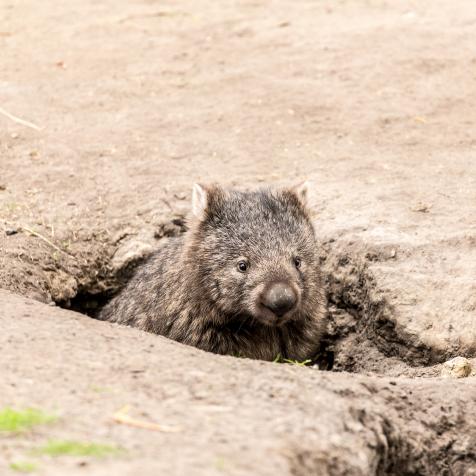
The Hallucinogenic Angel's Trumpet Plant Is Beautiful and Deadly
This beautiful, bell-shaped flower ready to send you straight to the hospital.
The angel's trumpet is neither a slice of heaven nor a musical instrument. It's a beautiful, bell-shaped flower ready to send you straight to the hospital. Eating the flower can give you scary hallucinations or even induce a dangerous, zombie-like state.

Shutterstock
There's Nothing Angelic About It
The flower that sprouts from the angel's trumpet (of the genus Brugmansia) is a lovely bell shape perfect for a picturesque garden — but the plant has a dark secret. It's poisonous. At best, eating the flower will result in terrifying hallucinations, but at worst, it can leave you dead. According to The Guardian, "the hallucinogenic wild flower known as Angel's Trumpet, which is becoming increasingly common in the UK, has been linked to several deaths in America." We shouldn't have to tell you, but we will anyway: Don't eat these flowers.
Good for Gardens, Not Your Body
You may be thinking, "Well, hallucinating doesn't sound that bad ..." That's the same thinking as the people who ingested the angel's trumpet in pursuit of a legal, readily available psychedelic trip — and wound up in the hospital. (Kids these days, you know?)
But believe The American Journal of Psychiatry when it tells you that the dangers are real: "Ingestion of Angel's Trumpet flowers or a tea brewed from them results in an alkaloid-induced central nervous system anticholinergic syndrome characterized by symptoms such as fever, delirium, hallucinations, agitation, and persistent memory disturbances. Severe intoxication may cause flaccid paralysis, convulsions, and death."
The danger in this plant is with its compounds known chemically as tropane alkaloids. These cause intense side effects, including visual and auditory hallucination, confusion, and paralysis of the smooth muscles (you know, the muscles that make up your vital organs?). There is a way to reverse the effects — an injection of a glaucoma drug called physostigmine — but you really don't want it to come to that. So, again, keep 'em in the garden and out of your mouth
This article first appeared on Curiosity.com.


















